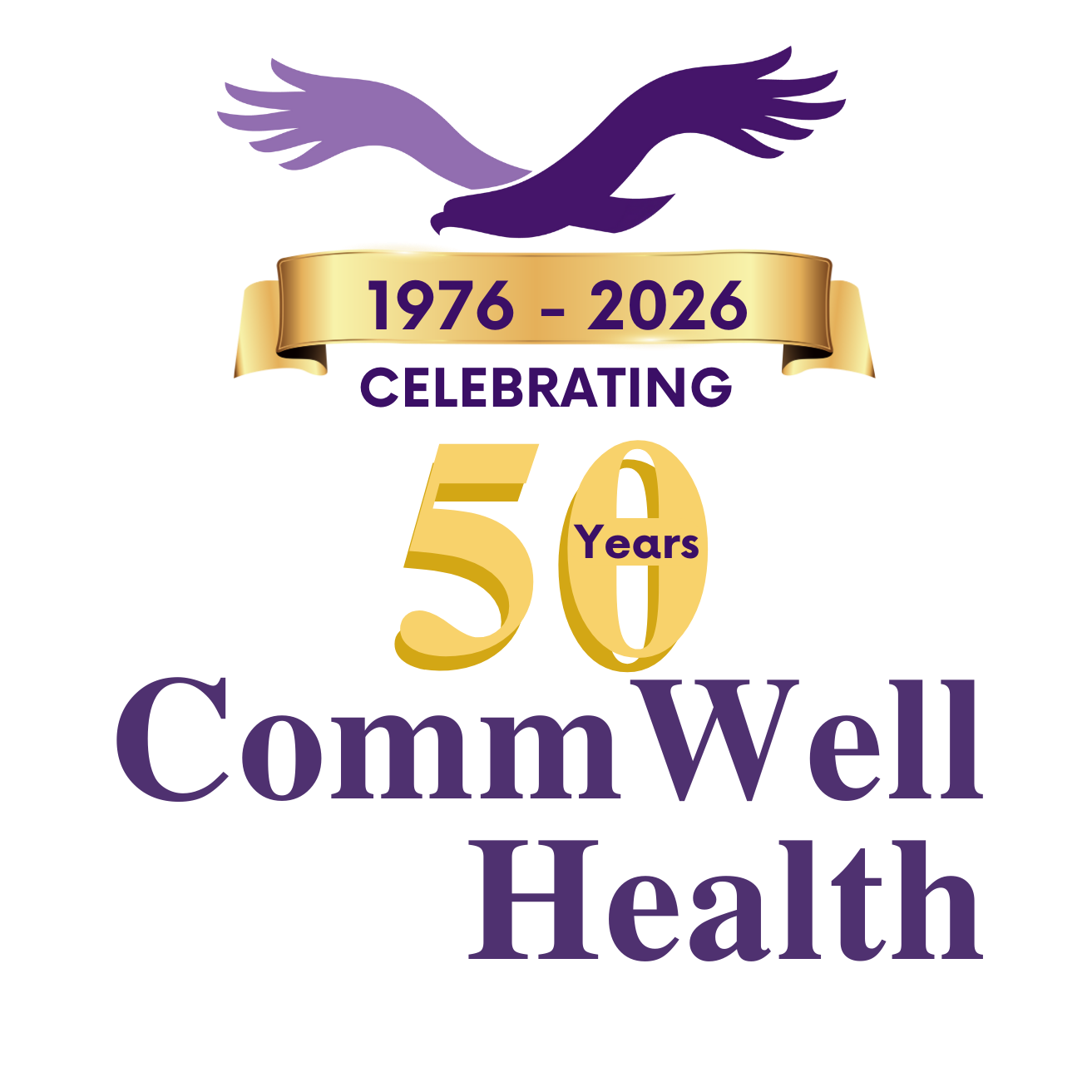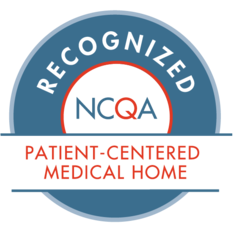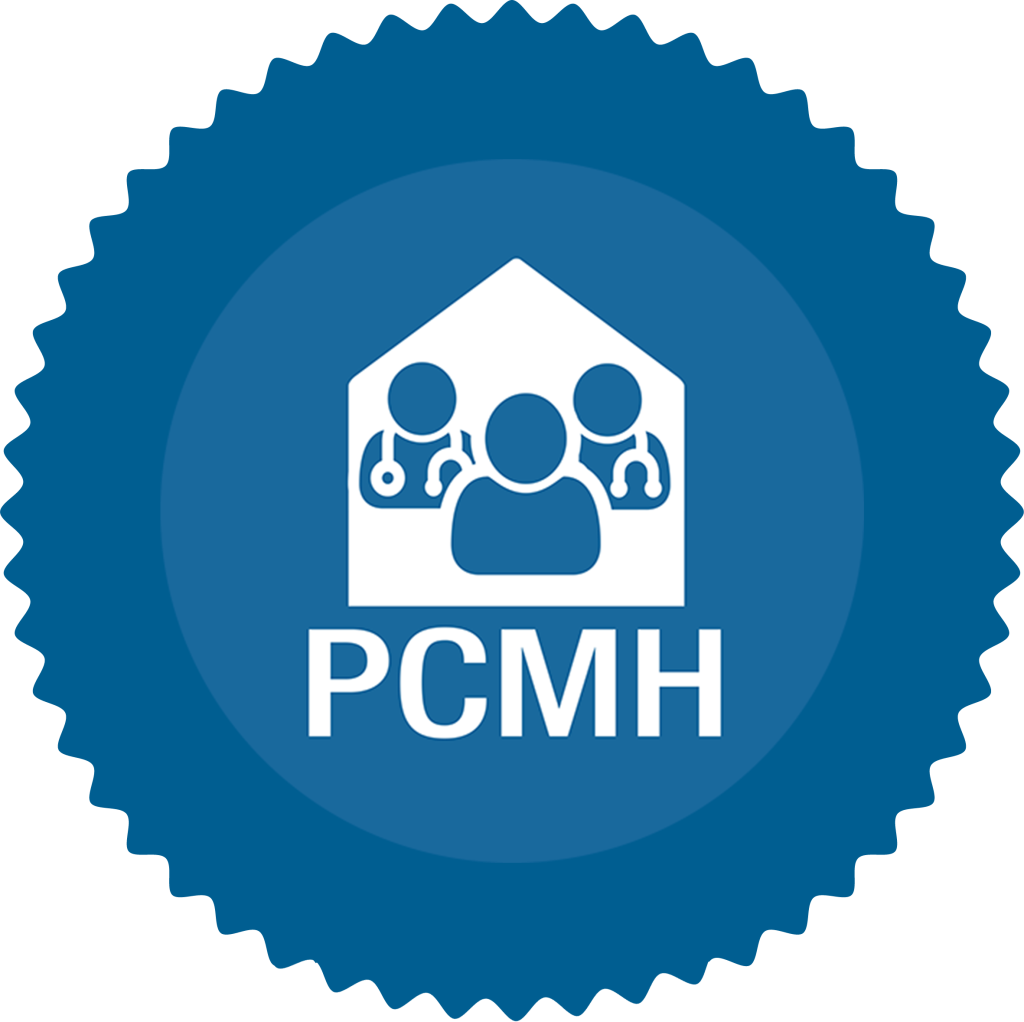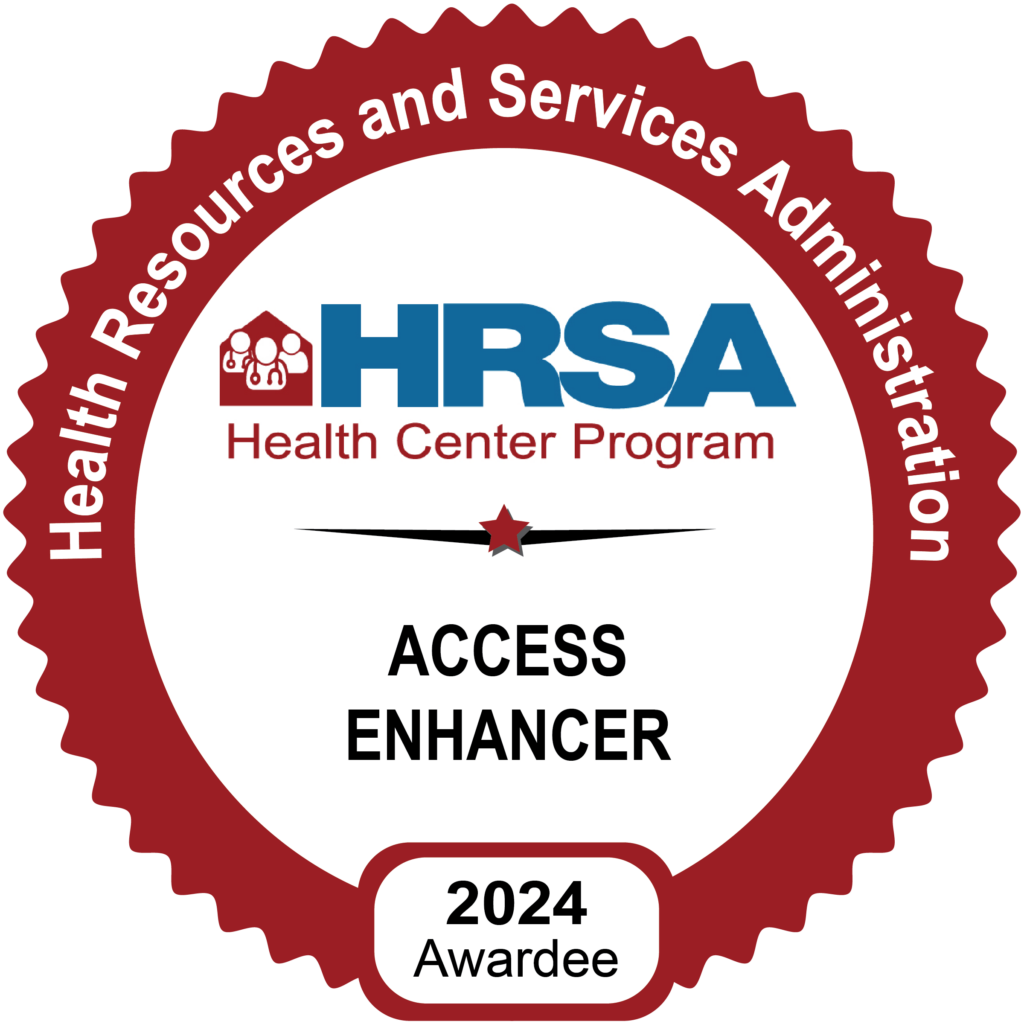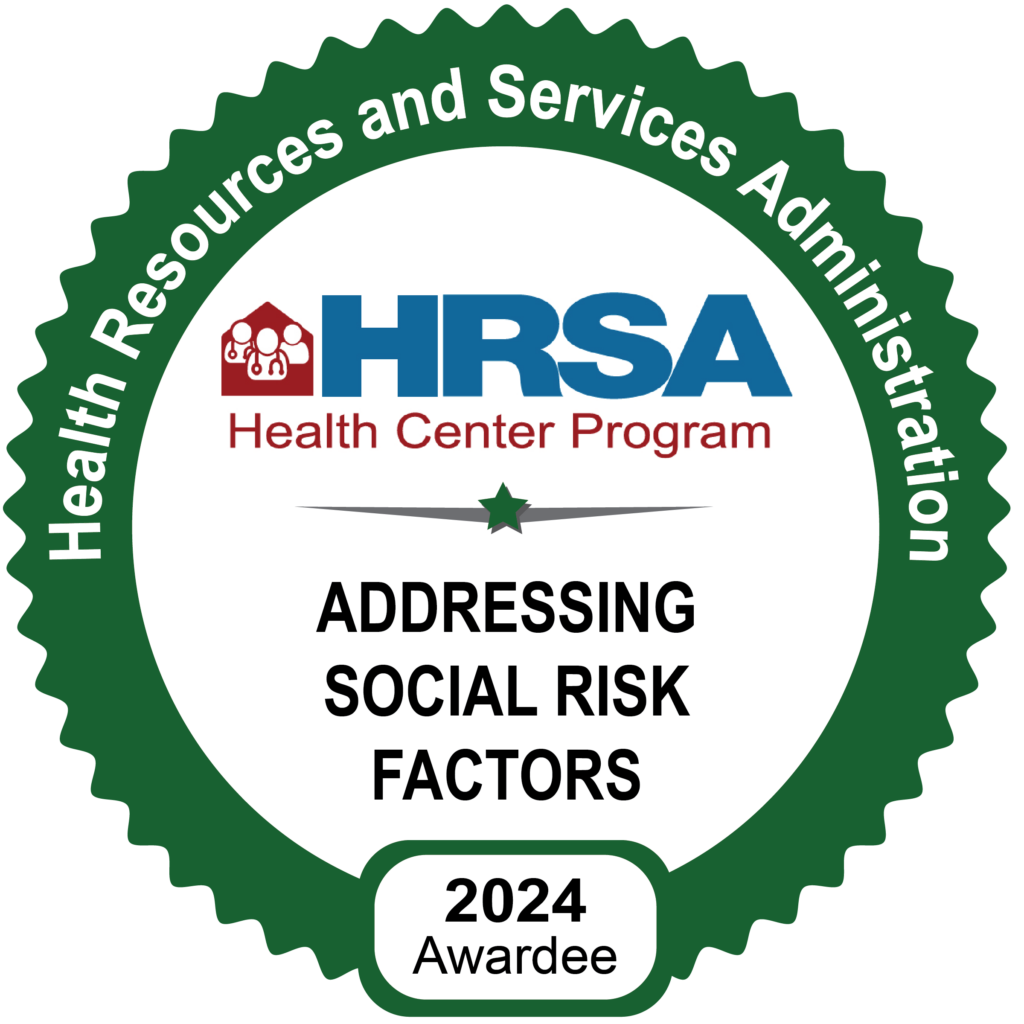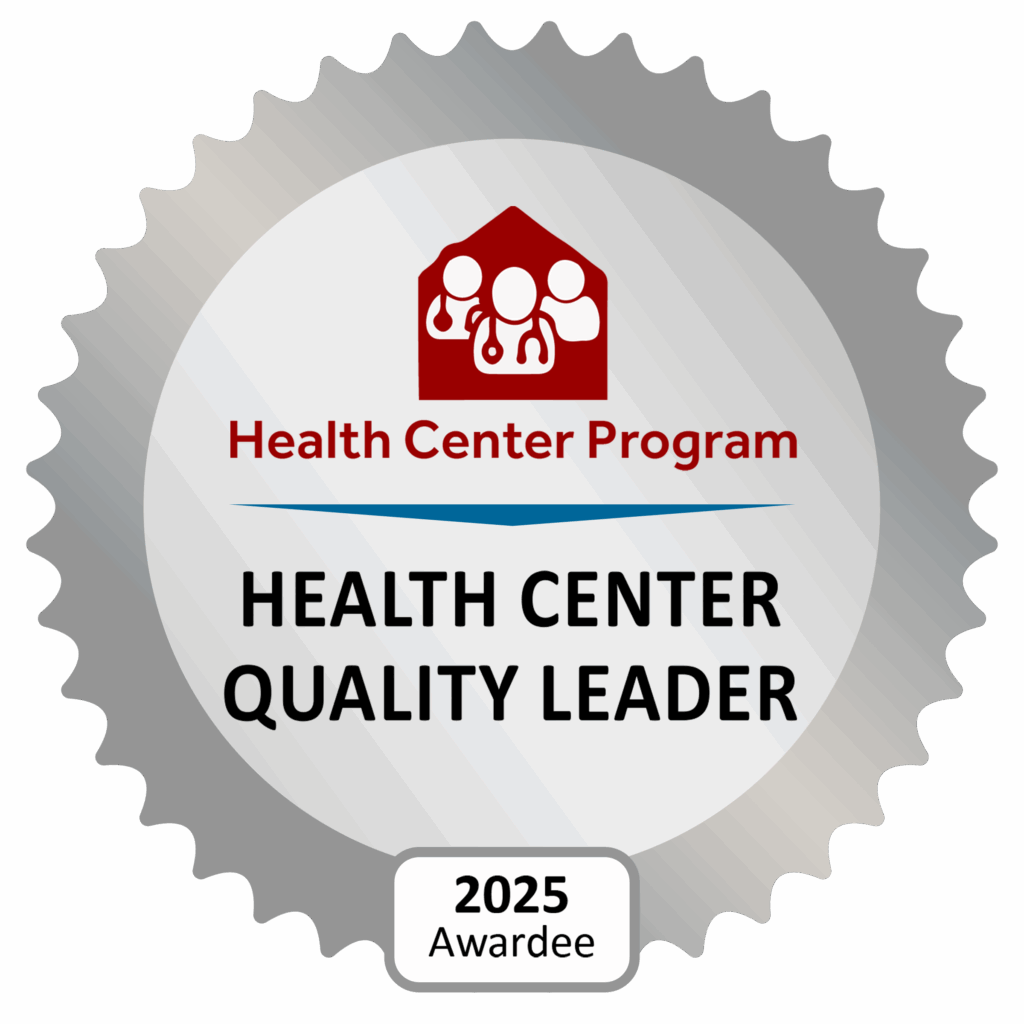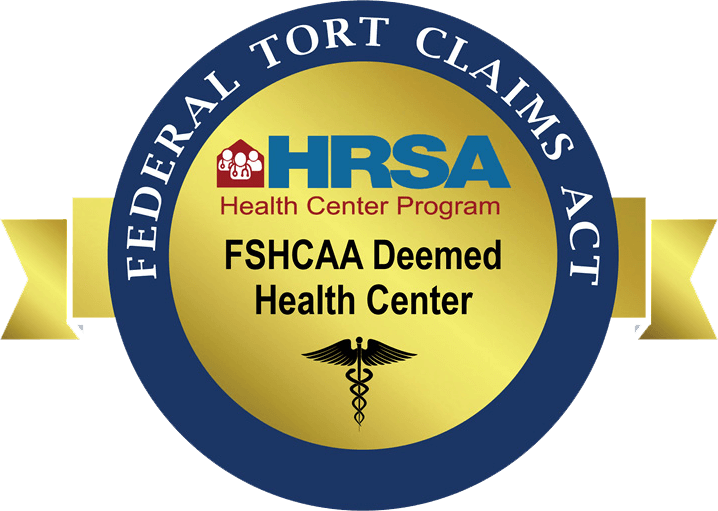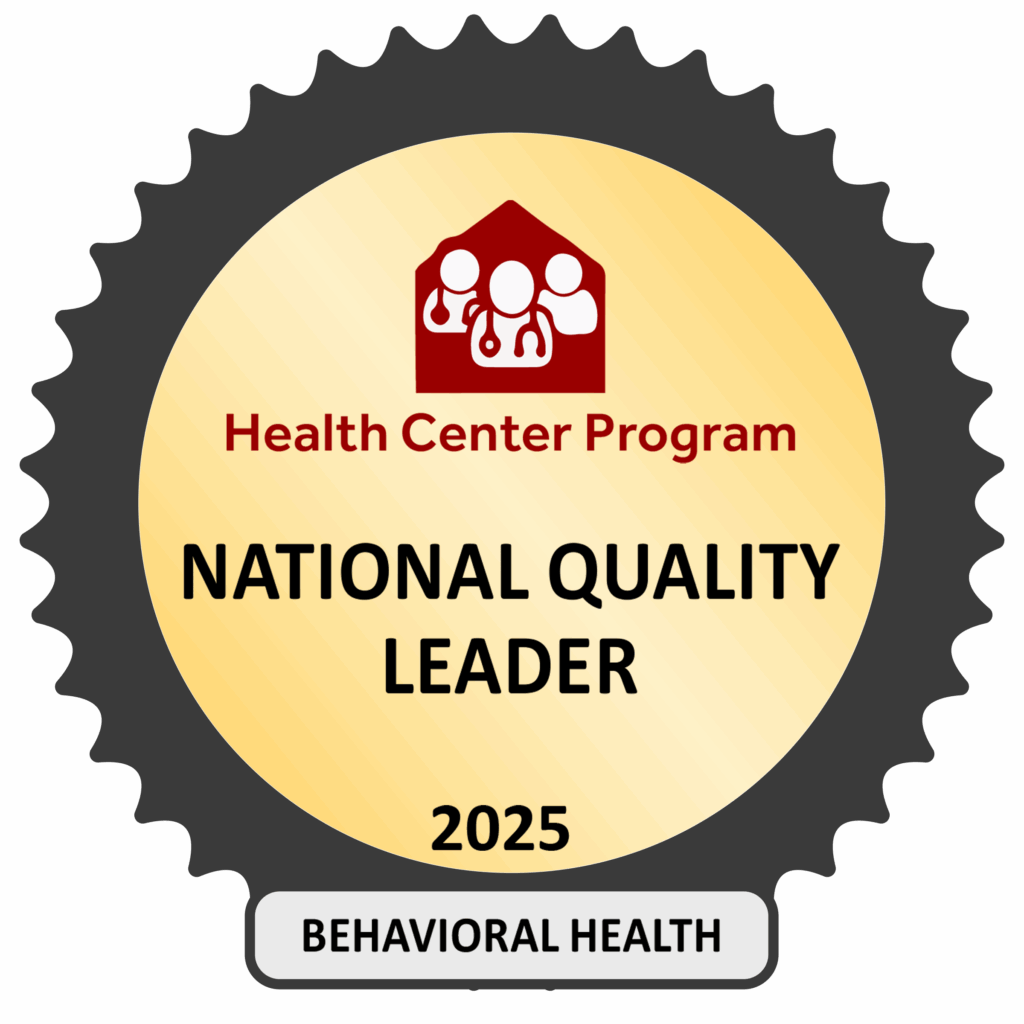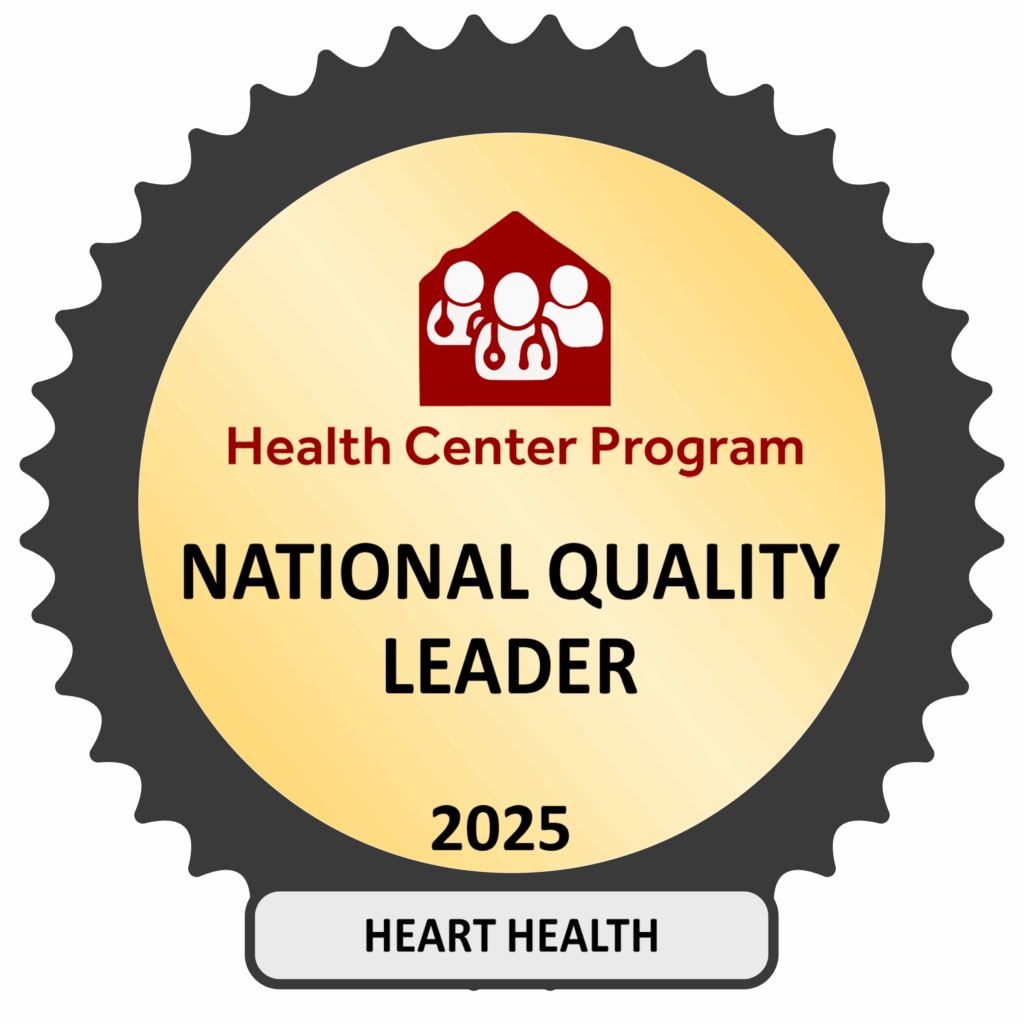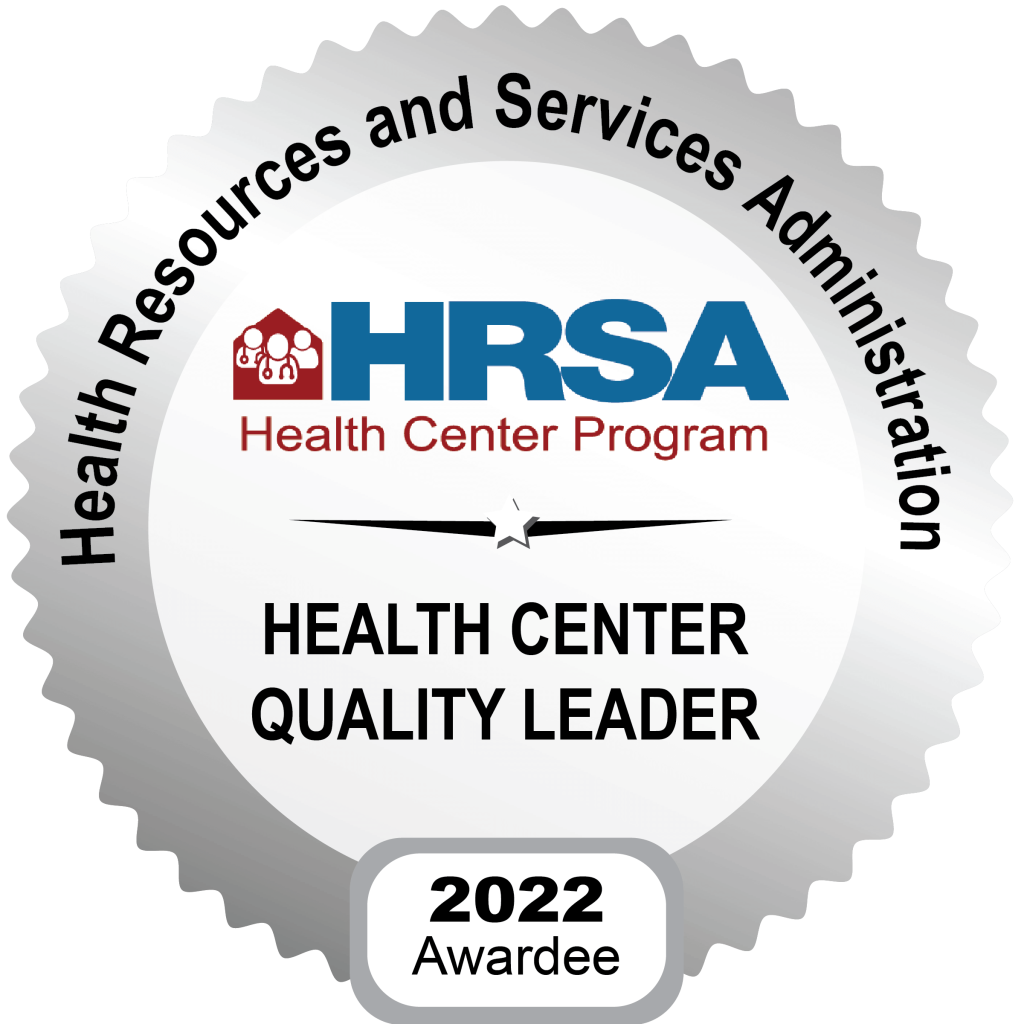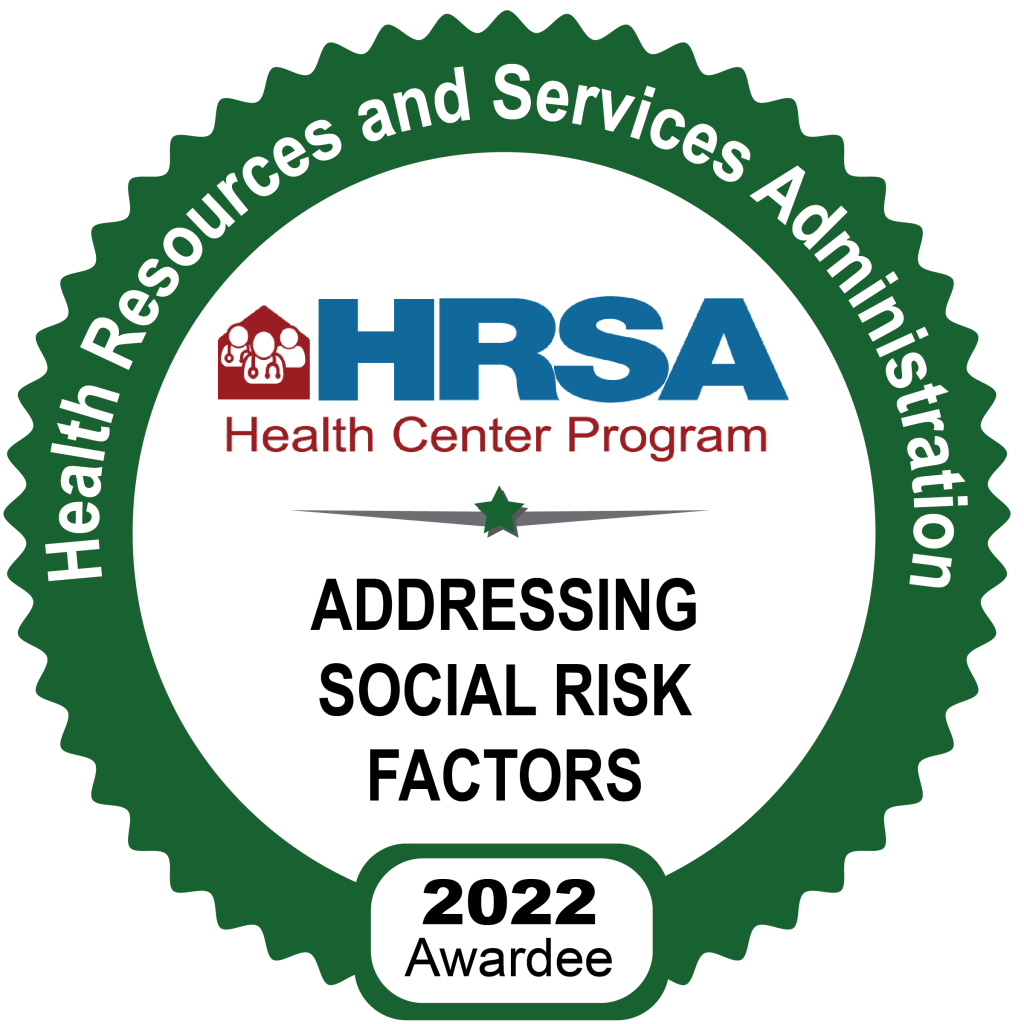World AIDS Day is a day dedicated to commemorating those who have passed on and to raise awareness about AIDS and the global spread of the HIV virus. It is recognized annually on December 1st. This year’s World AIDS Day campaign “My Health, My Right” focuses on the right to health and explores the challenges people around the world face in exercising their rights.
CommWell Health and the Sampson County HIV/AIDS Task Force observed World AIDS Day with a “Candlelight Vigil” at the Sampson County Court house on Friday, December 1 at 6 pm. Thomas McLaughlin, Positive Life Service Coordinator at CommWell Health and Chair of the HIV/AIDS Task Force hosted the event.

The campaign reminds people that the right to health is much more than access to quality health services and medicines, that it also depends on a range of adequate assurances including adequate sanitation and housing, healthy working conditions, a clean environment and access to justice. By attaining the right to health, people’s dreams and promises can be fulfilled.
“All people, regardless of their age, gender, where they live or who they love, have the right to health,” said McLaughlin. “The United Sates government leadership and commitment to address HIV/AIDS is a direct reflection of the goodwill, compassion and generosity of the American people.”
CommWell Health offers free and confidential HIV testing at all clinic locations. PrEP is also available at CommWell Health Newton Grove, CommWell Health McGee’s Crossroads and CommWell Health Bolivia/Supply. Fully integrated HIV services are available to insured and uninsured.
Currently, no effective cure for HIV exists, but HIV can be controlled with proper treatment and medical care. The medicine used to treat HIV is called antiretroviral therapy or ART. If taken the right way, every day, this medicine can dramatically prolong the lives of many people with HIV, keep them healthy, and greatly reduce the risk of viral transmission to others.
New prevention technologies such as Pre-exposure Prophylaxis (PrEP) are also expected to have a major impact on reducing HIV transmission. AIDS is the final stage of HIV infection, and not everyone who has HIV advances to this stage.
